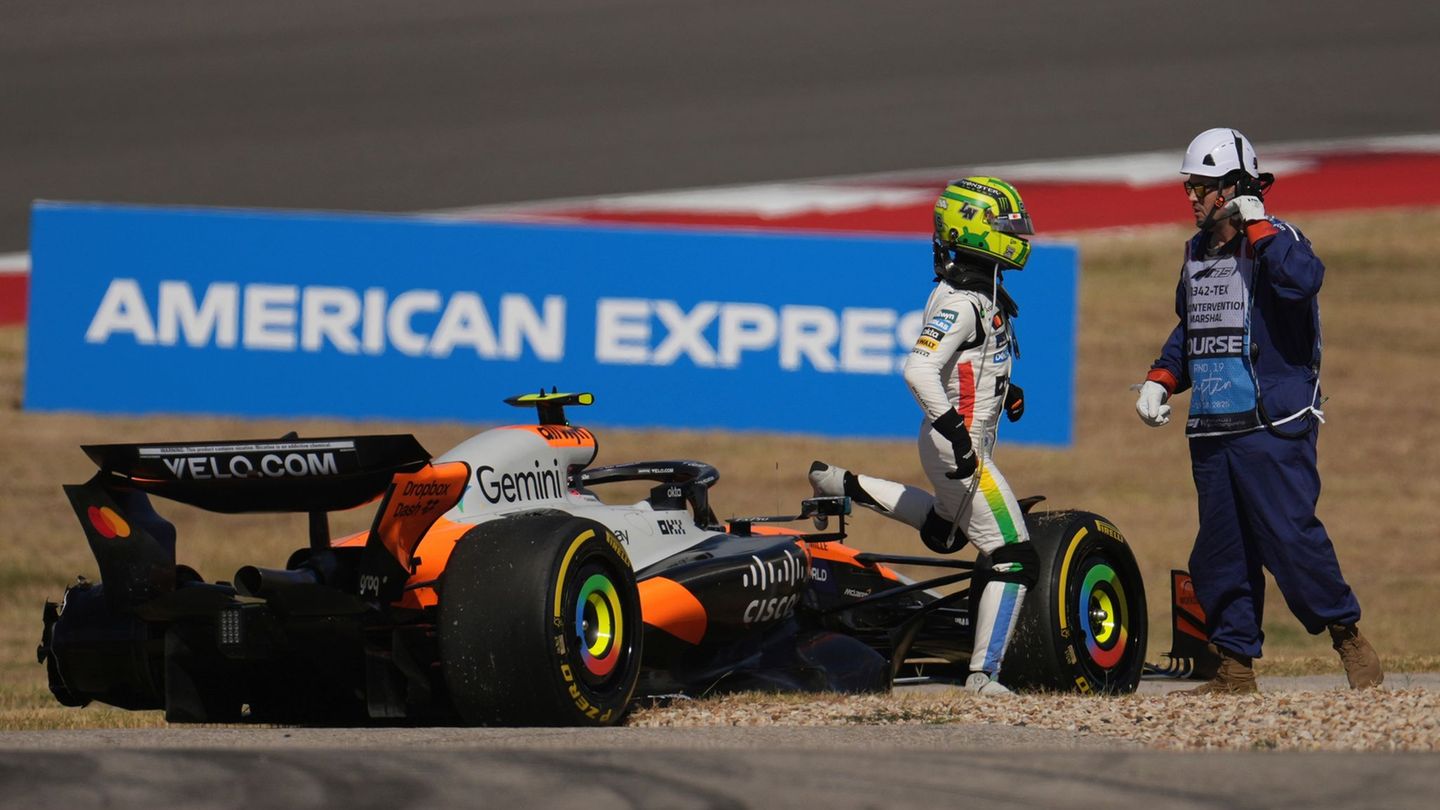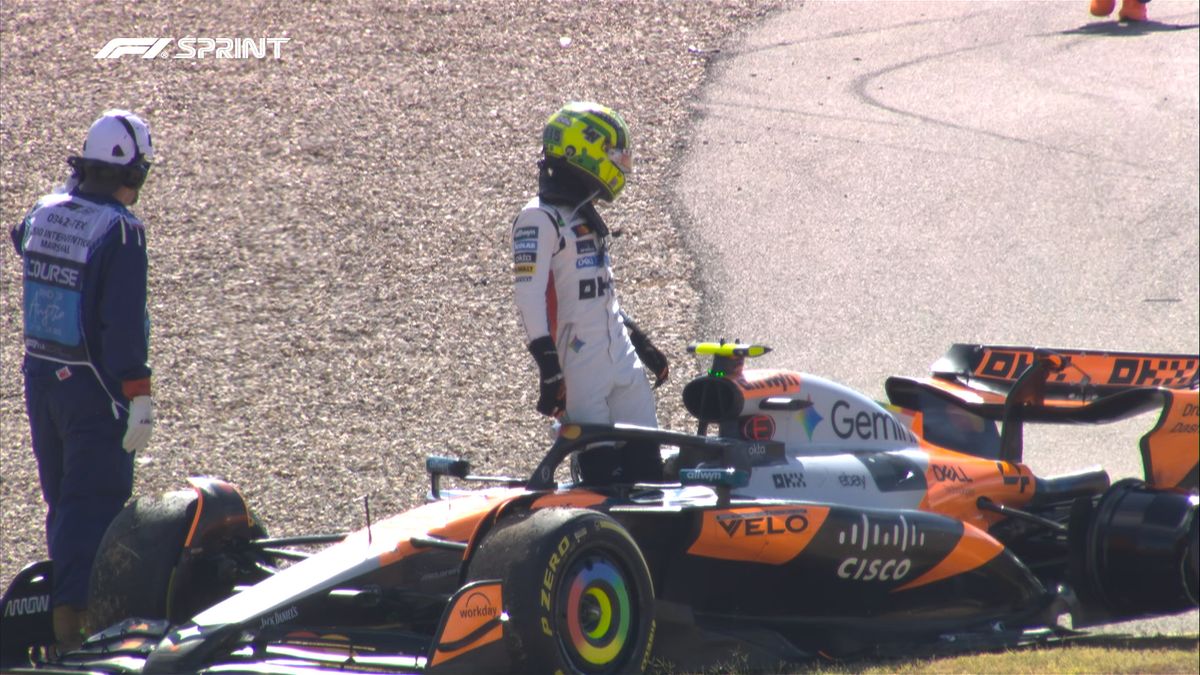Image: VOLKER Weihbold
Examinees, who often had limited knowledge of the German language, appeared with mini-cameras and in-ear headphones hidden in their clothing and had the correct answers spoken to them via cell phone from outside. A number of cases were sentenced under criminal law – before it turned out that the procedure should not be punished under criminal law.
In mid-July, the Supreme Court (OGH) overturned a judgment by the Graz-Ost District Court that had convicted three people who had faked driving license tests of indirectly incorrect certification in office (§ 228 StGB). The General Procuratorate, on the other hand, filed a nullity complaint to uphold the law because it recognized a violation of the law in the guilty verdicts. The Supreme Court agreed with this view in the decision 13 Os 43/23g – it is before the APA – because the “objective facts” do not fall under § 228 StGB. The certification of a driver’s license issued with a notification, which was obtained with the previous use of unfair means during the driving test, does not represent certification of a driver’s correction that is incorrect in terms of content. The printout of the results of the theoretical part of the test is “only intended for internal use by the authorities”, but “not suitable Crime subject of § 228 StGB”. Since “the legal error pointed out” is to the detriment of the convicts, the judgment should be set aside.
Victims were acquitted
However, the Supreme Court did not leave it at that. He also immediately recognized the matter itself and acquitted the three victims. Reason: “The stated behavior cannot be subsumed under any other criminal act.” The supreme court then explains in detail why the offense of falsifying evidence (§ 293 StGB) does not come into question: “False in the sense of this norm is evidence if it is suitable for the conclusions to be drawn when it is used to steer in a different direction than the situation otherwise presents. However, a ‘written lie’ is only factual if it has a probative value that goes beyond the mere assertion of the existence of the claim requirements on which the respective proceedings are based or the mere presentation of one’s own procedural point of view due.”
The decision has massive consequences, as the Supreme Court makes clear: “Decisions and orders that are legally dependent on the annulled judgment are equally deemed to have been eliminated.” This means that all criminal convictions in connection with cheating in the theoretical part of driver’s license tests are void and annulled. A spokesman for the OGH confirmed the APA a report by the “Kronen Zeitung” (Thursday edition), which had first reported on the decision, and stated that fines had already been paid back. Proceedings that are still pending at the public prosecutor’s offices are to be discontinued. As was learned in this context on Thursday, the Viennese prosecutor’s office had waited with investigations against several suspects until the OGH judgment was available. These investigations are now off the table.
The shenanigans are not without consequences
However, the shenanigans during driver’s license tests do not remain without consequences. They can be prosecuted under administrative criminal law. Corresponding penalties are provided for in the Driving License Act (FSG), and an examinee who is caught cheating will be banned for nine months until the next attempt.
In recent years, especially in Styria, a number of examinees had used extensive technical equipment to get through the theoretical driving test – some were caught by the examiners. At the end of 2021, there was talk of 50 suspects who had been investigated. Some of the equipment was taped to the examinee’s body or installed inside T-shirts. Induction cables attached to the neck ensured audio transmission of the appropriate answers after the examinees had sent photos of the questions from the examination room.
After police investigations, charges were filed and finally court cases – some examinees received fines of between 800 and over 2,600 euros. They had paid the “whisperers” an average of 2,000 euros.
There were similar cases in Carinthia, where at least 50 suspects were investigated at the end of 2021, in Lower Austria and in Vienna. The “providers” had advertised their forbidden service on social platforms – and apparently you can still do good business with it. Most recently, at the end of March, a “wired” driver’s license candidate was caught in Graz who wanted to have the correct answers whispered to him over headphones during the test.
Source: Nachrichten




